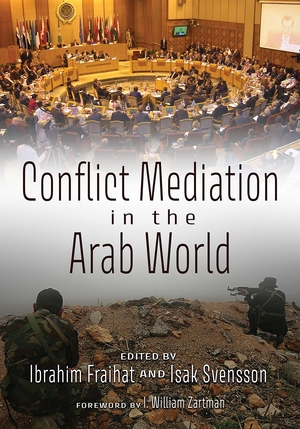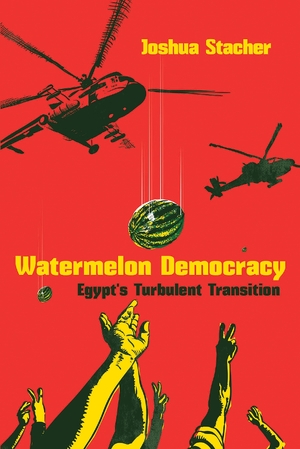"This book on state-society relations under the Qaddafi rule takes a refreshing approach and offers an important contribution to the literature, marking a welcome addition to the scholarship on Libya’s modern history."—Alison Pargeter, author of Libya: The Rise of Qaddafi
"This original and fluently written account of the ways in which Libyans negotiated with, subverted and accommodated the dictatorship of Muammar Qaddafi, gives us a rare insight into the workings of power from below. In doing so, it restores agency to the regime’s subjects, vividly illuminating the politics of the everyday."—Charles Tripp, author of The Power and the People: Paths of Resistance in the Middle East
"In this compelling book, with its subtle undertones of both humor and tragedy, Matteo Capasso offers us a highly original and massively important exploration of everyday politics in Muammar Qaddafi’s Libya."—Emma Murphy, Durham University
Description
Treating the everyday as central to the study of regional and international politics, this book reconstructs the last two decades of the Libyan Arab Jamahiriya, leading up to the 2011 events that sanctioned its fall. It provides a unique and vivid look into the political dynamics that characterized the everyday lives of Libyans, offering a compelling counterargument to those who insist on framing the history of the country as a stateless, authoritarian, and rogue state. Based on the collection of oral histories, what sets the tempo of this journey is an extensive collection of personal anecdotes, moods and emotions, popular jokes and rumors. In weaving the threads that link these quotidian lives to Libya’s interaction with wider international and geopolitical dynamics, the book offers a unique and timely analysis of the 2011 events that witnessed the fall of the regime reaching the current state of violence, war, and hope.
About the Author
Matteo Capasso is a Marie Curie Global Research Fellow with the Department of Philosophy and Cultural Heritage at Ca’ Foscari Universityof Venice, and the Middle East, South Asian, and African Studies Department at Columbia University.
January 2023




